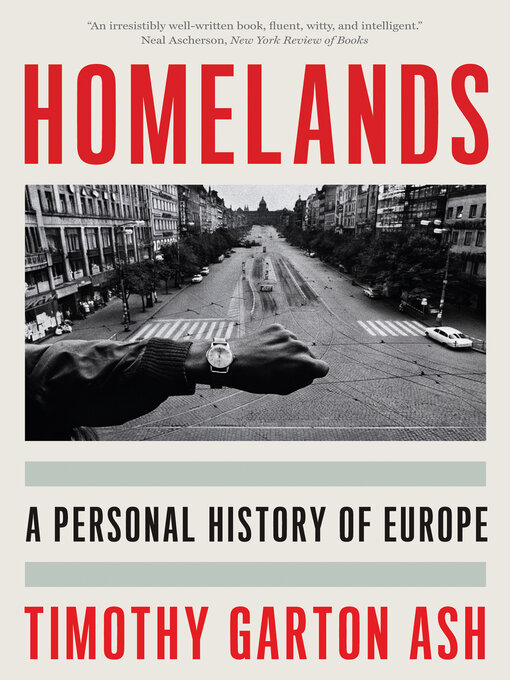Winner of the 2024 Lionel Gelber Prize
"An irresistibly well-written book, fluent, witty, and intelligent."—Neal Acherson, New York Review of Books
Timothy Garton Ash, Europe's "historian of the present," has been "breathing Europe" for the last half century. In Homelands he embarks on a journey in time and space around the postwar continent, drawing on his own notes from many great events, giving vivid firsthand accounts of its leading actors, revisiting the places where its history was made, and recalling its triumphs and tragedies through their imprint on the present.
Garton Ash offers an account of events as seen from the ground—history illustrated by memoir. He describes how Europe emerged from wartime devastation to rebuild, to triumph with the fall of the Berlin Wall, to democratize and unite. And then to falter. It is a singular history of a period of unprecedented progress along with a clear-eyed account of how so much went wrong, from the financial crisis of 2008 to the war in Ukraine. From the pen of someone who, in spite of Brexit, emphatically describes himself as an English European, this is both a tour d'horizon and a tour de force.


